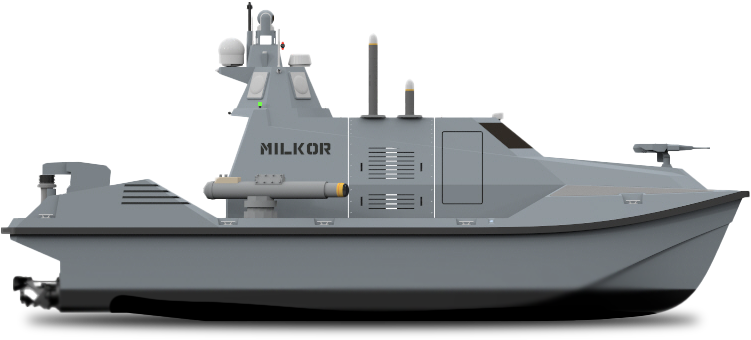Your Complete Guide To Master’s In Marine Engineering

Obtaining a Master’s degree in Marine Engineering is a significant step for those looking to advance their careers in the maritime industry. This academic pursuit equips students with a deep understanding of marine systems, ship design, propulsion, and advanced technologies that drive the field. If you are considering pursuing a Master’s in Marine Engineering, this comprehensive guide from reputable marine engineering companies UAE will provide you with valuable insights into the program’s details, benefits, and career prospects.
Program overview:
A master’s in marine engineering is a postgraduate program designed to impart advanced knowledge and skills related to marine systems, technology, and engineering principles. The program typically covers a range of subjects, including naval architecture, marine propulsion, offshore engineering, and marine dynamics.
Admission requirements:
To be eligible for a master’s in marine engineering program, you generally need to hold a Bachelor’s degree in a relevant field, such as mechanical engineering or naval architecture. Some programs may have specific prerequisites or require relevant work experience.
Curriculum:
The curriculum of a master’s in marine engineering program is diverse, encompassing both core engineering subjects and specialized marine engineering topics. Common courses include:
- Marine hydrodynamics: This course explores the fundamental principles of fluid dynamics as they apply to marine systems, including ship resistance and propulsion.
- Marine power systems: Students learn about marine power generation and distribution, including engine systems, electrical systems, and propulsion technologies.
- Ship structures and design: This course delves into the structural aspects of ships, covering materials, construction, stability, and safety considerations.
- Marine safety and environmental protection: Students study regulations, safety protocols, and environmental conservation in the maritime industry.
- Advanced marine engineering projects: Many programs incorporate hands-on projects or research to apply theoretical knowledge to real-world engineering challenges.
Benefits of a master’s in marine engineering:
Specialized expertise:
This program equips you with specialized knowledge and skills in marine engineering, making you a sought-after expert in the maritime industry.
Career advancement:
With an advanced degree, you can access higher-paying positions, more significant responsibilities, and leadership roles in marine engineering and related fields.
Global opportunities:
The maritime industry is global, and a Master’s degree can open doors to job opportunities around the world, including in ship design, shipbuilding, offshore engineering, and marine consultancy.




